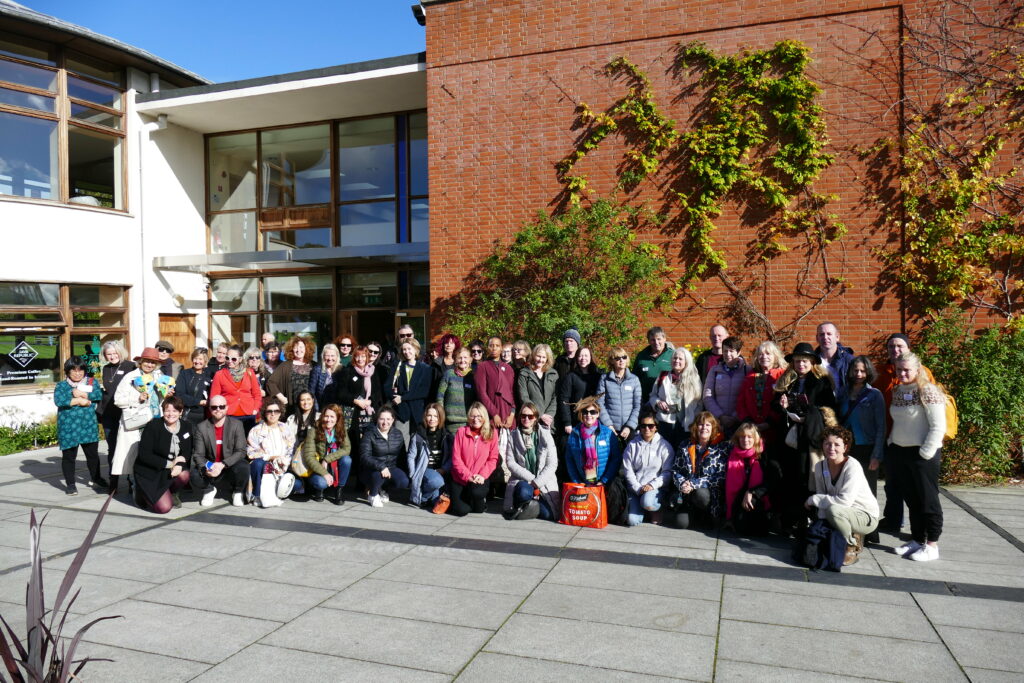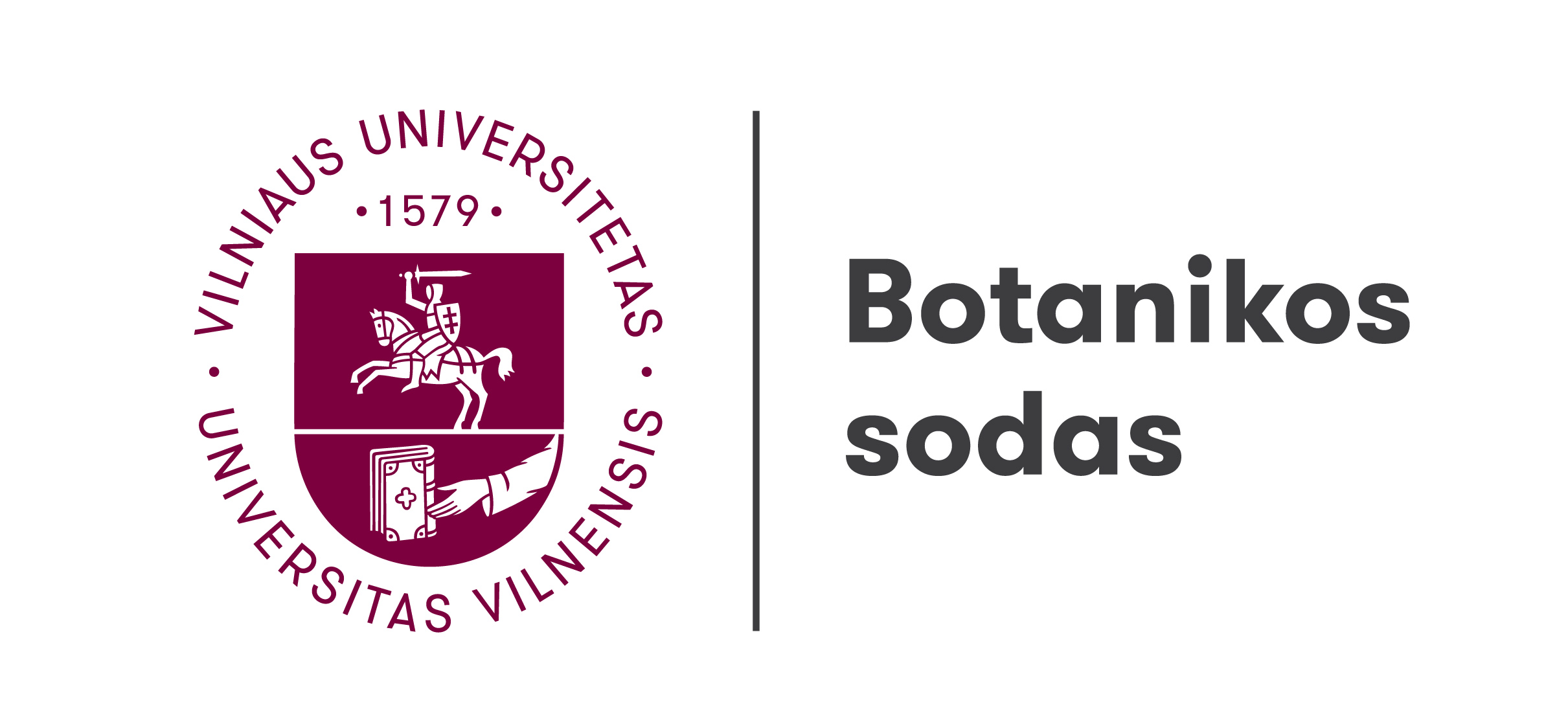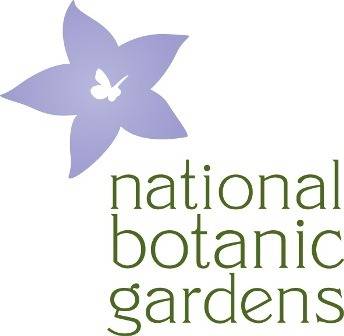Artists & Botanic Gardens Creating and Developing Educational Innovation
The project ABCDE was an attempt to integrate experiential learning, participatory pedagogy, and artistic actions in botanical gardens to create innovative educational material for primary schools. ABCDE aimed to develop teachers’ self and collective efficacy for action competence. The focus on action efficacy was in the spirit of becoming a better individual who can contribute to collective actions for sustainability.
Three international teacher training workshops were held, in three different botanic gardens, one in each participating country. The core participants in all the workshops included the project manager from the Iceland University of the Arts, one expert from the Reykjavik Department of Education and Youth, three artists, three scientists, three botanical garden specialists, and three teachers from each participating school. Together they developed and tried out the assignments, and later they adapted them for their pupils. Additionally, thirty local teachers were invited to each workshop, creating greater local and national level impact of the project resulting in more schools adopting and using the assignments created in the project. The participants claim their experience has impacted their schools as now they put a stronger focus on developing settings that foster students’ experiences in nature and environmental connectedness and concern.
The workshops created a dialogue between natural scientists, artists and teachers focusing on settings that welcomed experiential learning and participatory pedagogy. The in-service teachers worked with artists and natural scientists to create assignments that were based on the UN SDGs, working with the themes water, biodiversity and soil. The workshops combined creativity and in-depth analysis of the natural world, providing the participants with tools to increase their student engagement and interest in natural sciences and sustainability. To use experiential learning in botanical gardens as a pedagogical tool results in diverse learning opportunities, more engaged students, and and rich aesthetic experience.
The final output of the project is this website with nine assignments that explain the expected learning outcomes and step by step lesson plans. All the assignment encourage understanding of the balance of life on our planet, aiming to increase nature literacy and empathy for nature. The lessons suggest artistic actions in natural settings that have the potential of developing a caring approach to our environment as well as understanding. At the centre of the project are issues related to recognising the importance of empathy, intrinsic values and the relationship between meaning making and sociocultural contexts. As general awareness grows of the problem we face, people can use these issues to reconnect with nature and discover the will to take action.
Three multiple-events conferences were held, one in each participating country, that introduced the project findings and reached out to local communities.
The project will additionally produce and publish a reviewed academic paper that will be posted on this page. This will serve to evaluate the success of the resources created by the project, increase the its viability and results, and further develop the field of primary school education when it comes to teaching natural sciences through creativity and the arts.
For further information contact the project manager: Ásthildur Jónsdóttir astajons@gmail.com

International Conference: Fusing Art and Science Dublin, Ireland 14. October 2023









